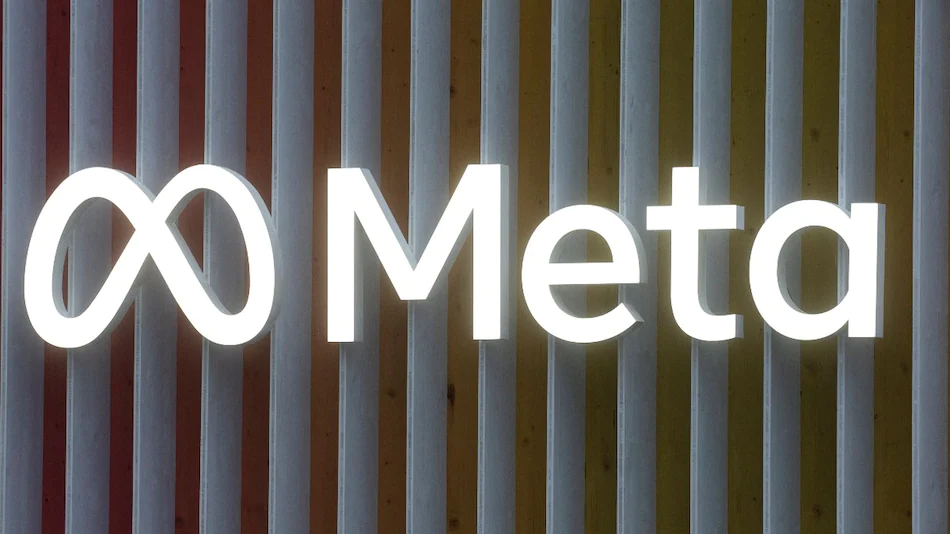The US Federal Trade Commission (FTC) has proposed banning Meta, the parent company of Facebook, from using children's data for profit. If passed, the proposed rule will prohibit Meta from collecting personal information from children under 13 without obtaining prior parental consent. The FTC also aims to strengthen the Children's Online Privacy Protection Act (COPPA) by increasing the age limit for parental consent to 16, and by expanding the definition of personal information to include biometric data and other sensitive data that can be used to identify individuals.
The proposed rule is part of the FTC's efforts to protect minors and their parents from the potential harms of online data collection and commercialization. According to the FTC, Meta's current data collection practices pose a significant risk to children's privacy and safety and to their parent's ability to control their children's online activities. The proposed ban addresses these concerns by limiting Meta's ability to collect and use children's data for targeted advertising, product recommendations, and other commercial purposes.
If the proposed rule is passed, Meta will be required to obtain explicit parental consent before collecting any personal information from children under the age of 16 and will be prohibited from sharing or selling such information to third parties without parental consent. The proposed rule will also require Meta to implement comprehensive data security and privacy measures to protect children's personal information from unauthorized access, use, or disclosure.
Overall, the FTC's proposed ban on Meta's use of children's data for profit represents a significant step towards protecting the privacy and safety of minors and their parents in the digital age. By strengthening COPPA and imposing stricter regulations on companies that collect children's data, the FTC aims to ensure that children can use the internet and social media platforms without compromising their privacy or security.


